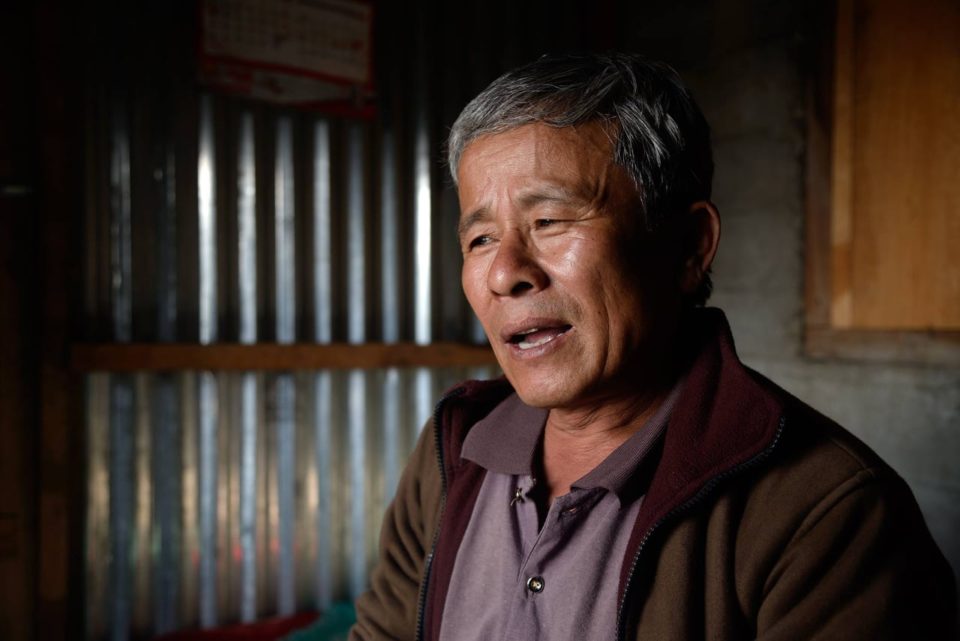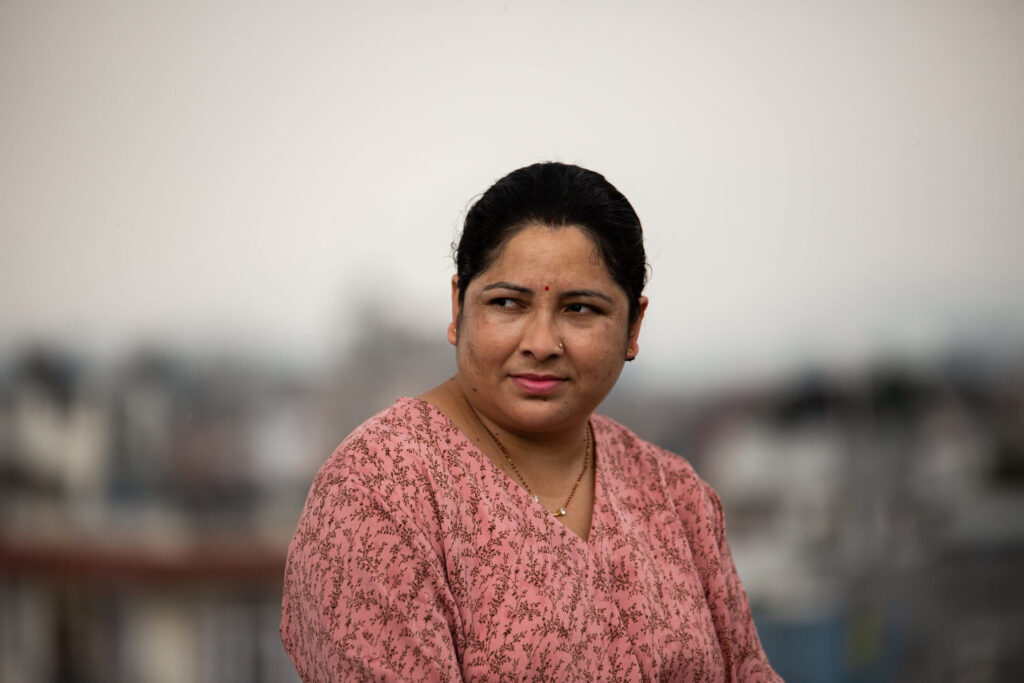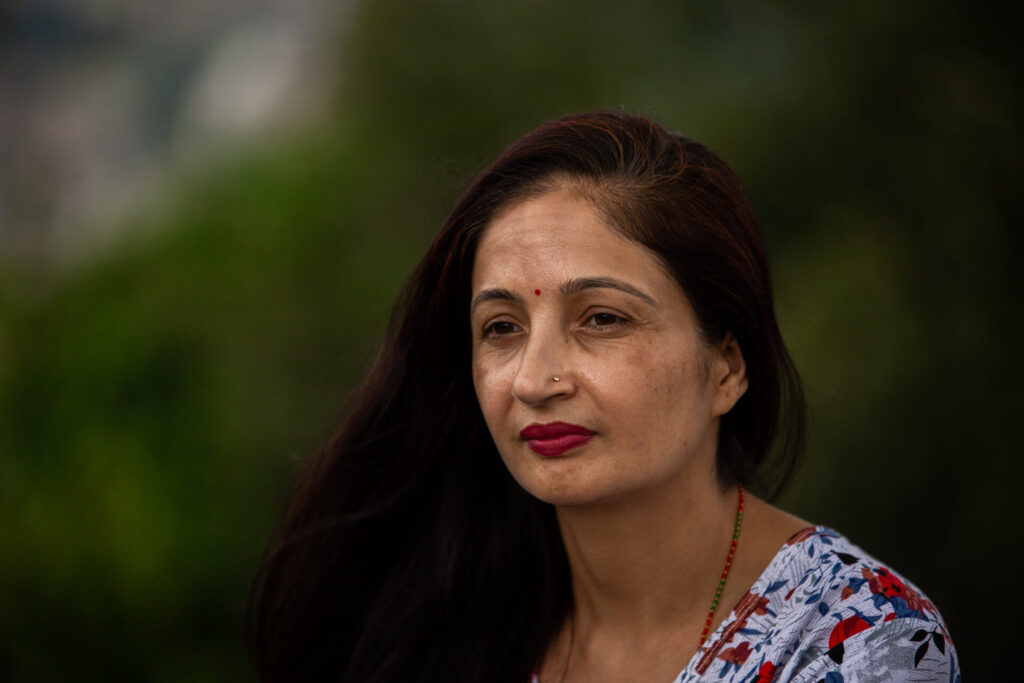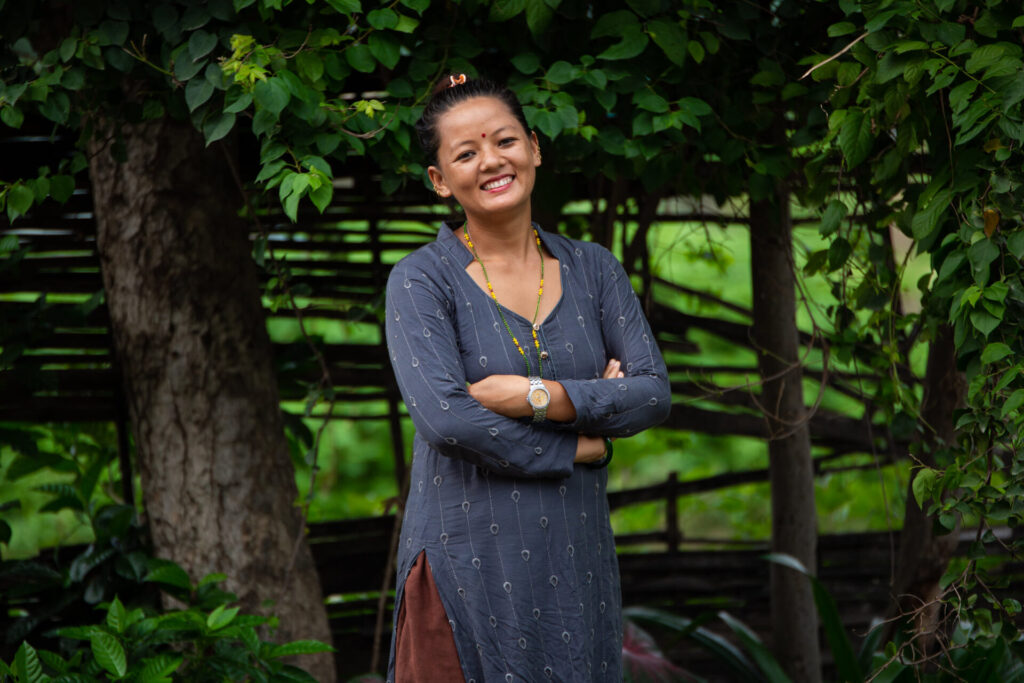
Sambhu Thulung Rai Aiselukharka GP 5, Khotang
(Part 2/2) “I must have been 20 then. I had returned home to find that in rage, father had beaten up a man who subsequently died. He had acted on an ill rumor and under the influence of alcohol. He served 12 years for his crime. From a young able young man who had ambitions in life, I became a son of a “life-snatcher”. This label was given to me by society and unwillingly I had to live with it. There were many instances where I and my family were ostracised and while Father spent his days in prison – Diktel, Rajbiraj and Palpa, walking with a bowed head became the norm of many of the years of my youth. The absence of my father made things difficult at home and had it not been for a Samaritan uncle who came for the rescue, I would not have been able to continue with my education. Time never stopped all this while. We stalled at events but time took its pace. I continued to study and the more knowledge I gained about society, law and human behavior, my intellectual horizons broadened. I understood that this was the nature of life and that I could choose to walk with dignity for I had not committed any crime. Therefore, I should not punish myself. This reflected on society and the people around me changed. If I had stayed home in misery looking after the fields and the cattle, I was certain that the society would keep labeling me and I would never have been able to get out of the clutches of my own guilt and remorse for the thing I did not do…
When Father returned home from prison, things had slowly come back to normal. He never uttered a single word about the incident. He never talked of remorse, never of the time spent in prison, never of how we managed without him. He kept everything inside. And like a good son, I took care of him. I never hurt his feelings with my opinions, never returned a word. Sometimes I would simply walk out of the room when there was a difference in opinion. I had learned about forgiveness and acceptance. And to disrespect, my father who was nearing the last decade of his life felt futile. Father passed away 7 years ago. It was the saddest day for me in my life. Not so long ago, I rummaged through his belongings and I found a poem that he had scribbled. It read, ‘Alone you came and alone you will go. Empty-handed you came and empty you will go.’ I neatly folded the note, put it in its place and breathed a sigh of relief.”





